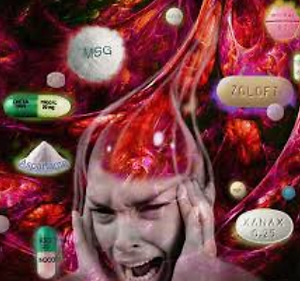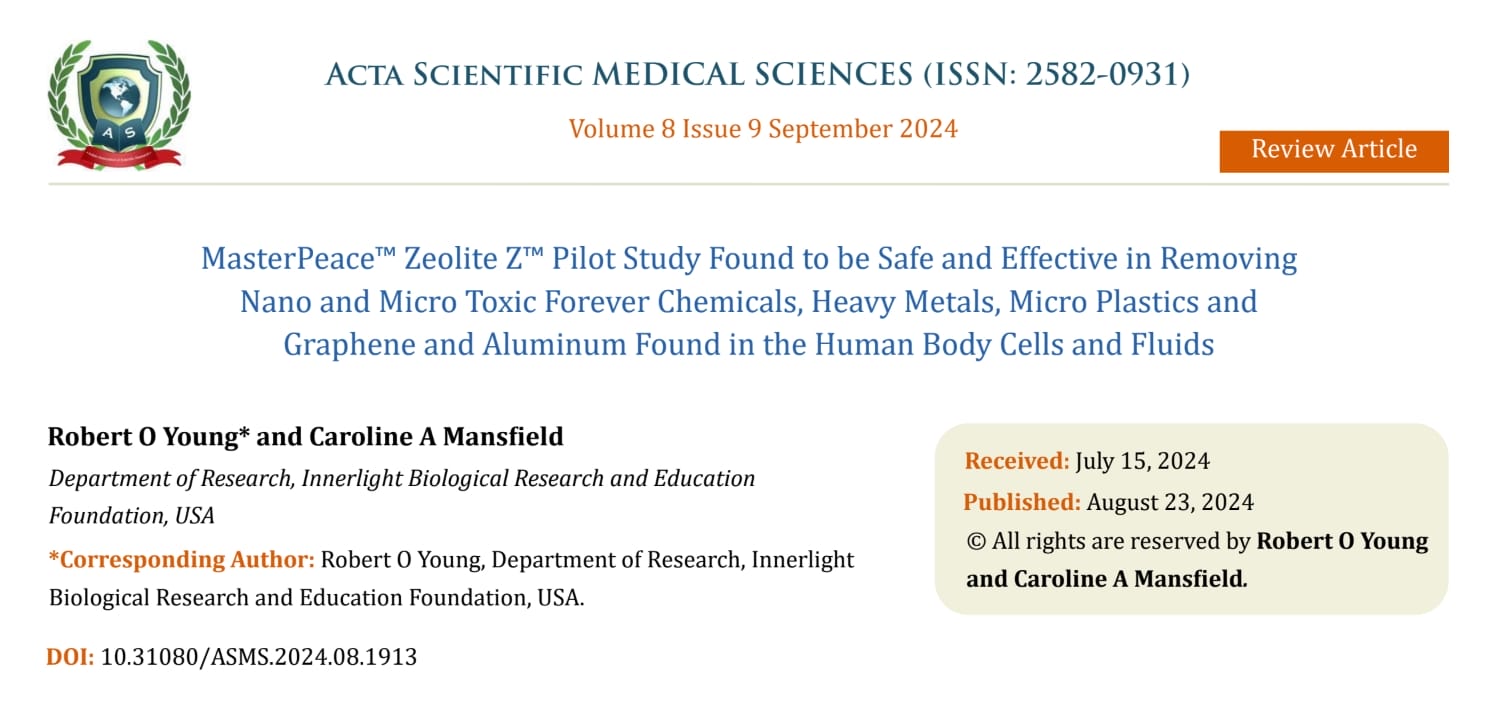Magnesium Safer, More Affordable, and More Effective Than Pyschotropic Anti-Depression Drugs
Depression is one of the most common mental disorders worldwide. The WHO estimates that there are more than 300 million people from all ages who suffer from depression worldwide. In fact, they cite depression as a leading cause of disability and as one of the major contributors to the global burden of disease. Because of the stigma of depression, many cases remain unreported with people affected by it leading very poor-quality lives; worst case scenario, depression can lead to suicide. WHO reports that close to 800,000 people commit suicide each year. [1]

Overview Of Depression
There are different types of depression and treatment varies for each. The National Institute of Mental Health focuses on the following types: [2]
1. Persistent Depressive Disorder
Also called dysthymia, persistent depressive disorder is characterized by a depressed mood lasting two years. A person can display major depressive symptoms followed by periods with less severe symptoms during the two-year period.
2. Perinatal Depression
New mothers can often brush this off as “baby blues” but perinatal depression can be a very serious disorder. Women diagnosed with perinatal depression display symptoms of major depressive disorder during pregnancy or after delivery, the latter called postpartum depression. This greatly affects both the health of the mother and her child.
3. Psychotic Depression
People affected by psychotic depression manifest with major depressive symptoms along with symptoms of psychosis, like having delusions (false beliefs) and hallucinations (auditory, visual, or otherwise). The “themes” of these psychotic symptoms usually focus on guilt, poverty, or illness.
4. Seasonal Affective Disorder
SAD is characterized by the shifting of the seasons to winter, where the lack of natural sunlight can cause depression. This type of depression typically manifests with social isolation, increased sleep, and weight gain.
5. Bipolar Disorder
Bipolar disorder is different from depression but manifests as periods of “low” or depressive states followed by “high” or euphoric states, also termed “mania”. There are different kinds of bipolar disorders as well, depending on the severity of the depressive or manic stage.

Managing Depression With Magnesium
One of the biggest hurdles to overcome when managing depression is compliance to medications. A 2012 publication in the journal Innovations in Clinical Neuroscience focused on adherence to antidepressant medication. According to Sansone and Sansone, contemporary data in the past ten years revealed that half or 50 percent of psychiatric patients and primary care patients are noncompliant with their medications, discontinuing their therapy because of “side effects, fear of addiction” and lack of faith in the effectiveness of their regimen. [3]
However, a recent study published in mid-2017 by Tarleton, et. al. found that magnesium chloride was an effective treatment modality for mild to moderate depression in adults — without the side effects of traditional treatment with antidepressants. [4]

Over the course of six weeks, the study involved two groups — a control group and an interventional group. The interventional or experimental group received six weeks of active treatment with 248 mg of elemental magnesium per day – this was divided into four 500 mg tablets of magnesium chloride per day.
Depression symptoms were assessed twice a week to monitor any changes. The primary outcome of the study was to note the difference in depression symptoms compared to the baseline prior to the start of treatment. Secondary outcomes focused on changes in symptoms related to anxiety, adherence to the magnesium supplement regimen, adverse effects to magnesium supplementation, and intent to continue magnesium supplementation after the study.
After the six-week study, there was significant improvement of depressive symptoms in the interventional group, as well as improvement in anxiety symptoms. The adherence to the regimen was 83% in terms of pill count. The regimen was well tolerated, with 61 percent of participants reporting that they would continue the magnesium supplementation after the study. In fact, the study records improvement of symptoms as early as two weeks into the magnesium regimen.
Overall, the study concluded that magnesium chloride could be a “fast, safe, and easily accessible alternative” to traditional antidepressant medications. Not only would this natural method answer the concerns regarding adverse effects, it could also improve the adherence of patients to treatment — a win-win situation in a battle that is one of the hardest to fight in healthcare.

To order the pH Miracle Magnease product click here: https://www.phmiracleproducts.com/products/magnease-magnesium-chloride
References
[1] World Health Organization. Depression. http://www.who.int/mediacentre/factsheets/fs369/en/
[2] National Institute of Mental Health. Depression. https://www.nimh.nih.gov/health/topics/depression/index.shtml
[3] Sansone, R. & Sansone, R. (2012). Antidepressant Adherence. https://www.ncbi.nlm.nih.gov/pmc/articles/PMC3398686/
[4] Tarleton, E., et. al. (2017). Role of magnesium supplementation in the treatment of depression: A randomized clinical trial. http://journals.plos.org/plosone/article?id=10.1371/journal.pone.0180067



